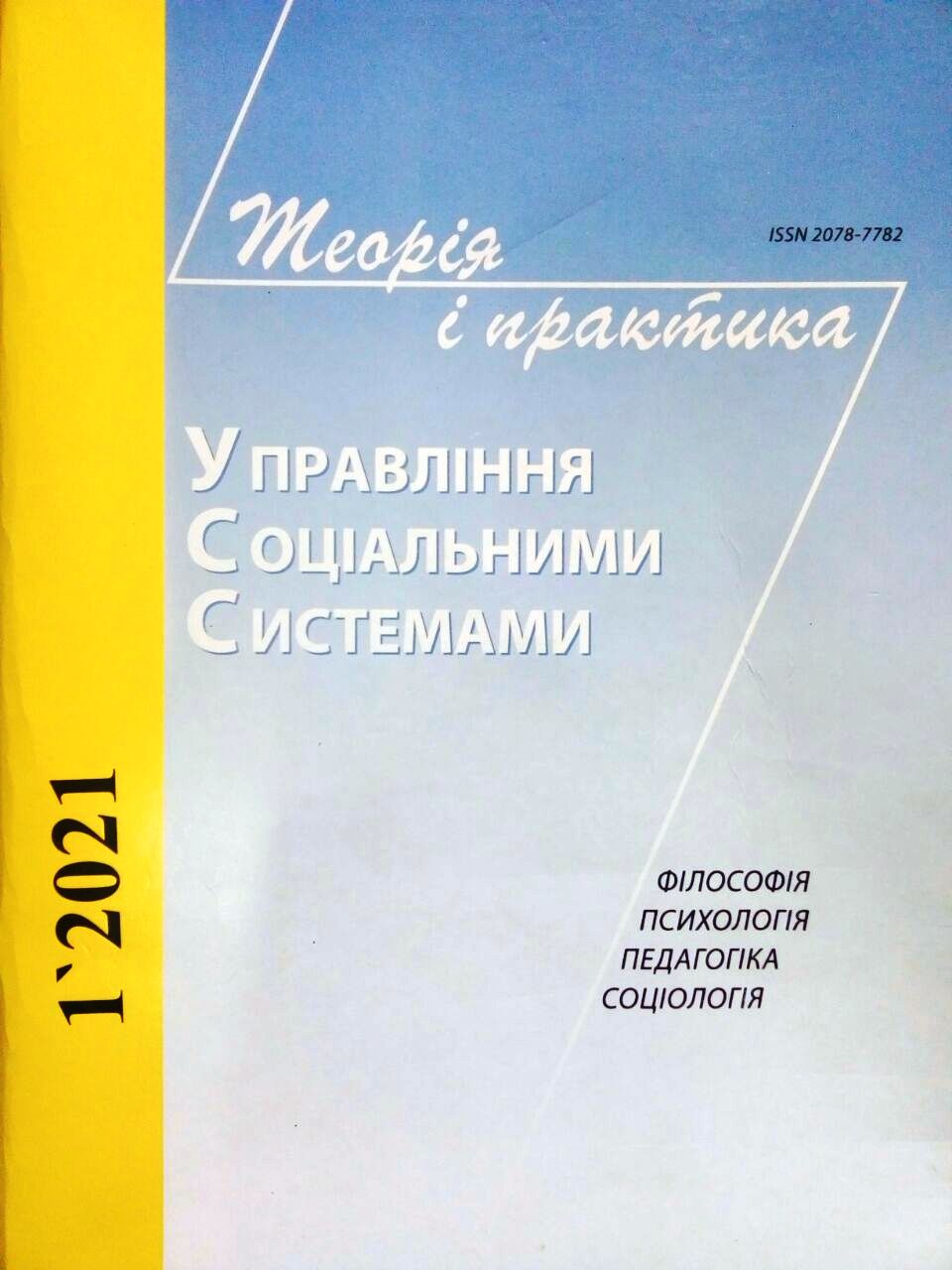ЗАСОБИ ІКТ В ФОРМУВАННЯ ПІЗНАВАЛЬНИХ ІНТЕРЕСІВ УЧНІВ ДО ОВОЛОДІННЯ ЛЕКСИЧНОЇ КОМПЕТЕНЦІЇ ІНОЗЕМНОЇ МОВИ
DOI:
https://doi.org/10.20998/2078-7782.2021.1.09Ключові слова:
іноземна, англійська, навчання, змішане навчання, дистанційне.Анотація
Розглянуто проблему підготовки учнів закладів загальної середньої освіти до оволодіння іноземною мовою в умовах змішаного навчання. Визначено та доведено ефективність використання інформаційно-комунікаційних технологій змішаного навчання у формуванні пізнавального інтересу школярів до оволодіння іншомовною лексичною компетентністю.
Посилання
1. Strategy for the development of higher education in Ukraine for 2021–2031, available at: http://www.reform.org.ua/proj_edu_strategy_2021-2031.pdf
2. New Ukrainian school: conceptual principles of the secondary school reform, available at: https://mon.gov.ua/storage/app/media/zagalna%20serednya/nova–ukrainskashkolacompressed.pdf
3. Bashkir, O. I., Ilchenko, A. R. (2021), “Cognitive interest as a condition for mastering the lexical competence of the English language”, “Scientific journal of the National Pedagogical University named after Drahomanov, M. Series 5”, “Pedagogical sciences: realities and prospects. Collection of scientific works, Ministry of Education and Science of Ukraine, Nat. ped. Drahomanov M. University”, no. 77, Kyiv: Helvettika Publishing House
4. Bibik, N. M. (1987), “Formation of cognitive interests of young schoolchildren”, Kyiv: Vipol, p. 96
5. Bondarevsky, V. B. (1985),“Education of interest in knowledge and needs for self–education: a book for teachers”, Moscow: Enlightenment, p. 144
6. Buchbinder, V. A. (1986), “Fundamentals of methods of preparation of unambiguous languages”, Kyiv: Higher School, p. 335
7. Lozova, V. I. (2000), “A holistic approach to the formation of cognitive activity of students”, Kharkiv: OVS, p.164
8. Siranchuk, N. M. (2018), “Formation of lexical competence in primary school students in Ukrainian language lessons: dis. Dr. Ped. Science: 13.00.02”, Exactly: p. 428
9. Tereshchuk, V. H.(2013), “Principles of formulation of English lexical competence of students by a non-language specialist in the conditions of virtual educational environment”, “Bulletin of the KNLU, Series Pedagogy and Psychology”, issue 22, pp. 161-171
10. Schukina, H. Y. (1988), “Pedagogical problem formation of cognitive interests of students”, Moscow: Pedagogy, p. 208
11. Chan, V. M. (2011), “Media in teaching and learning foreign languages. Training in the field of teaching second and foreign languages”, Boston: Walter de Gruiter, p. 422
12. Meara Paul The Dimensions of Lexical Competence, available at: https://www.lognostics.co.uk/vlibrary/мeara1996a.pdf

##submission.downloads##
Опубліковано
Номер
Розділ
Ліцензія
Авторське право (c) 2021 Ольга Башкір, Світлана Золотухіна

Ця робота ліцензується відповідно до Creative Commons Attribution-NonCommercial-NoDerivatives 4.0 International License.
Автори, які публікуються у цьому журналі, погоджуються з наступними умовами:- Автори залишають за собою право на авторство своєї роботи та передають журналу право першої публікації цієї роботи на умовах ліцензії Creative Commons Attribution License, котра дозволяє іншим особам вільно розповсюджувати опубліковану роботу з обов'язковим посиланням на авторів оригінальної роботи та першу публікацію роботи у цьому журналі.Автори, які публікуються у цьому журналі, погоджуються з наступними умовами:
